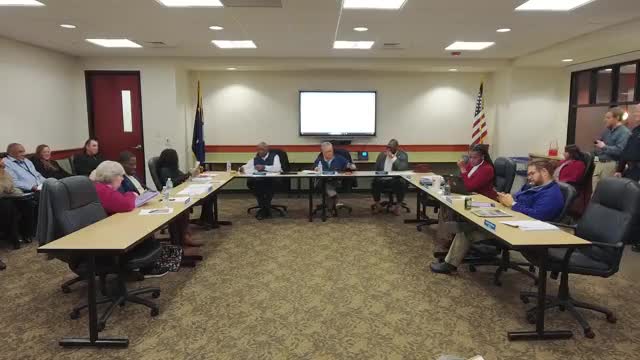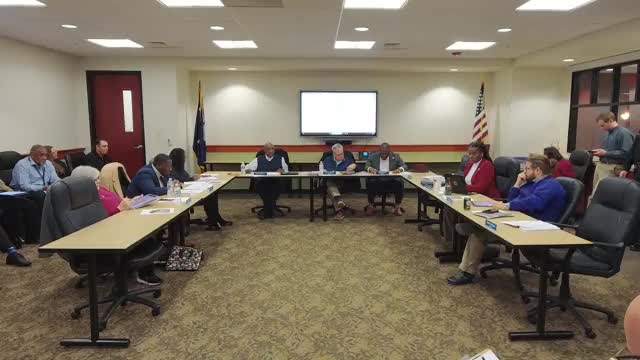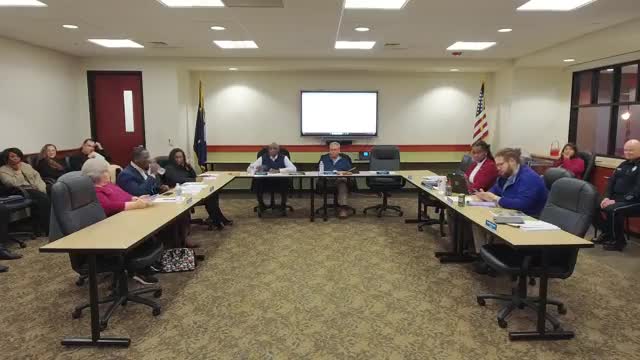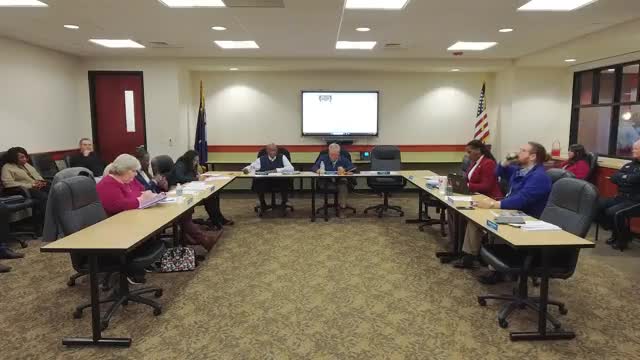Article not found
This article is no longer available. But don't worry—we've gathered other articles that discuss the same topic.

Finance director reports mixed revenue trends to finance committee

Council adopts decibel-based noise ordinance; residents and council seek implementation tweaks

Council passes short-term rental cap after lengthy public comment; enforcement concerns persist

